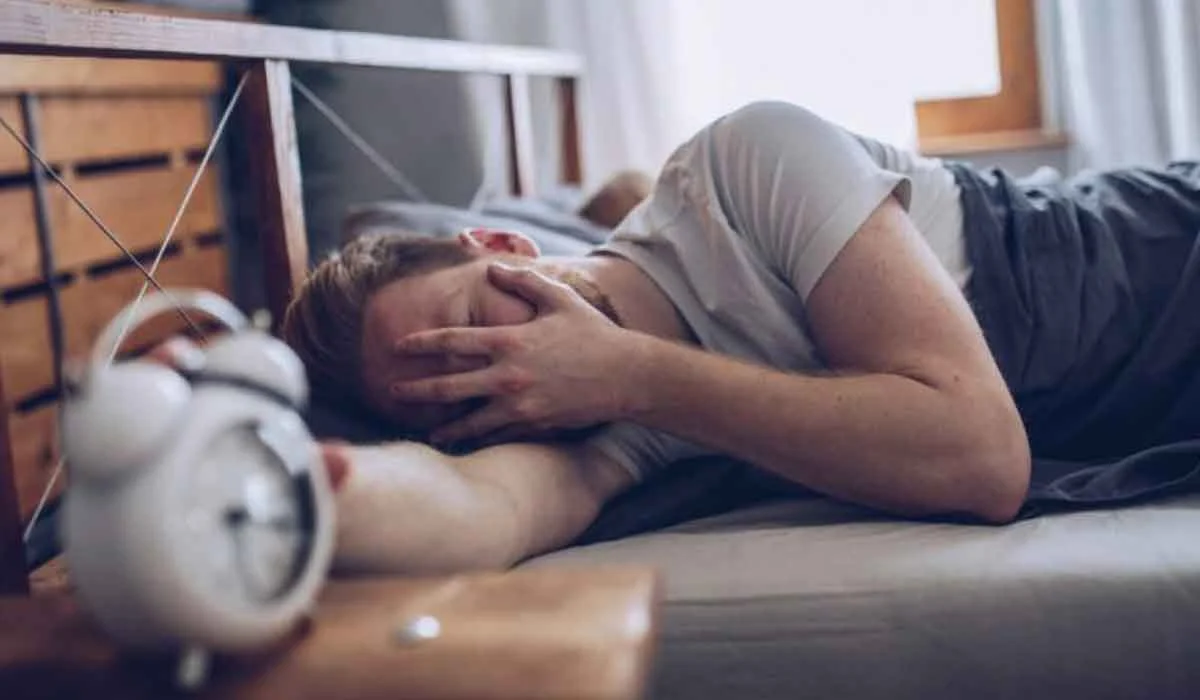Book Appointment Now

How Physiotherapy Can Improve Sleep Quality
Hello, everyone. I’m Dr. Gaurav Vaid, a physiotherapist at my clinic, Swasthya Shastra, based in Jammu. The sleep problems of many patients drive them to consult treatment at Swasthya Shastra. The relationship between sleep quality and physical health remains unknown to many people. As I explain today, you will discover how sleep improvement physiotherapy creates substantial improvements to your sleeping quality.
Understanding the Importance of Quality Sleep
Quality sleep is essential for:
- Physical Health: Sleep improvement therapies help the body restore tissues and develop muscles while boosting immunity.
- Mental Health: Supports mental processes like memory, judgment, and emotional control.
- Emotional Well-being: The practice of emotional well-being reduces clinical signs of anxiety and depression as well as stress.
The Connection Between Physical Health and Sleep
Different physical health issues lead to poor sleep quality. These include:
- Chronic pain.
- Postural imbalances.
- Joint stiffness.
- Muscle tension.
The people of Jammu often experience these bedtime problems because their regular work activities sometimes require physical effort. The body moves away from a sleep state when it experiences any discomfort.
Also, read The Role of Physiotherapy in Stress & Anxiety Relief
How Physiotherapy Enhances Sleep Quality
The following methods enable physiotherapy to enhance sleep quality:
1. Pain Management: The presence of chronic pain causes sleep disturbances in most patients. The pain management techniques used by physiotherapists allow patients to experience better sleep quality.
- Manual Therapy: Physical therapy professionals give their patients manual techniques to move their body joints and soft tissues as part of their approach to pain reduction.
- Exercise Prescription: The exercise prescription created by physiotherapists serves to build muscle strength and flexibility for managing different pain points.
2. Exercise and Physical Activity: Exercise, together with physical activity, produces positive effects on sleep quality.
- Aerobic Exercises: Walking, together with cycling, serves dual purposes of improving heart health and leading to better sleep quality.
- Strength Training: The evidence demonstrates that resistance exercise training improves sleep efficiency, particularly among senior adults.
3. Relaxation Techniques: Physiotherapists provide instruction on relaxation methods that help patients prepare for nighttime sleep.
- Deep Breathing Exercises: Physiotherapists advise deep breathing exercises as a method to activate the parasympathetic nervous system so relaxation occurs.
- Progressive Muscle Relaxation: Patients learn Progressive Muscle Relaxation through which they tense and then relax different muscle groups to decrease their physical tension levels.
4. Sleep Position Education: Proper training regarding sleeping postures teaches patients how to prevent sleep disruptions while enhancing sleep quality.
- Optimal Positions: The therapy provides advice about both ideal sleeping positions and body realignment techniques that reduce strain during sleep.
- Use of Supportive Pillows: Professional recommendations regarding supportive pillows should include specifications about those that align with natural body curvatures.
5. Addressing Sleep Disorders: Sleep apnea patients often receive benefits through physiotherapy.
- Breathing Exercises: The effective practice of breathing exercises strengthens respiratory muscles to aid airway opening during sleep.
- Positional Therapy: The therapy provides guidelines about how to position sleeping bodies to preserve open airways.
Implementing Physiotherapy Strategies for Better Sleep
Your Physiotherapy methods integration follows these steps:
- Consult a Physiotherapist: Finding professional assistance from a physiotherapist will help you receive customized guidance about your situation.
- Establish a Consistent Exercise Routine: Creating a steady exercise schedule should include aerobic exercise and resistance training exercises.
- Practice Relaxation Techniques: Deep breathing as well as progressive muscle relaxation techniques should be performed as bedtime preparation.
- Optimize Sleep Environment: Create an optimal sleep environment by developing an area that combines comfort with quietness and favorable rest conditions.
When to Seek Professional Help
You should seek expert advice for your sleep issues when such problems persist. Seek help immediately from both physiotherapists and doctors if:
- You feel sore and stiff when you wake up.
- You have persistent pain that disrupts your sleep.
- You have trouble getting to sleep or staying asleep.
Also, read Understanding the Role of Physiotherapy in Healthcare
Conclusion
As part of Swasthya Shastra, my objective is to assist patients in reaching their maximum physical wellness goals. Physiotherapy directs its treatment to the source of physical discomfort to create major sleep quality improvements. As Dr. Gaurav Vaid, I maintain complete conviction that all individuals need the benefit of restful sleep. You can contact us for sleep problem solutions if you reside in Jammu. Swasthya Shastra exists to assist you in obtaining improved rest and enhanced health.
For further queries, please reach us to Dr. Gaurav Vaid as well as Swasthya Shastra.


